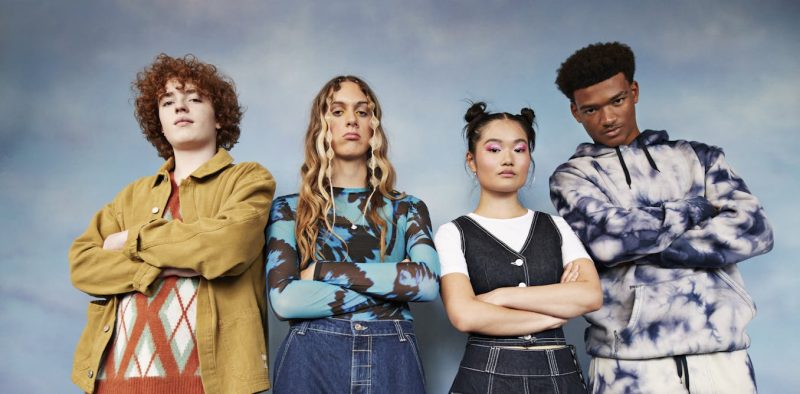
We’ve all been there – that awkward stage between childhood and adulthood. But when exactly *does* that transition happen? It’s a question that has puzzled philosophers, lawmakers, and parents for centuries. There’s no single, universally agreed-upon answer, as the shift from kid to adult is a complex process involving many factors.
Legally, it’s often a pretty clear-cut matter. In most places, the age of majority – the point at which you’re considered legally responsible for your actions – is 18. This means you can vote, sign contracts, and join the military. However, even with legal adulthood, many young adults still rely on their parents for financial or emotional support, highlighting the gap between legal definition and lived experience.
Developmentally, the picture is far more nuanced. Puberty marks a significant physical change, but emotional and cognitive maturity often lag behind. The brain continues to develop well into the twenties, with significant changes occurring in areas related to decision-making, impulse control, and emotional regulation. This means that even though someone might be 18 and legally an adult, their brains are still maturing, making them potentially more susceptible to risky behaviors.
Socially, the transition to adulthood is a gradual process. It involves taking on new responsibilities, building independence, forming lasting relationships, and finding your place in the world. This can vary greatly depending on cultural norms, family expectations, and personal circumstances. Some young adults might feel fully independent and responsible at 18, while others might take longer to reach that point.
Ultimately, the answer to ‘when does a kid become an adult?’ isn’t a single number or event. It’s a multifaceted process that unfolds over time, influenced by legal frameworks, biological development, and social expectations. It’s a journey, not a destination, and the path is unique to each individual. So, while the law might define adulthood at a specific age, the true transition is a personal and evolving experience.










